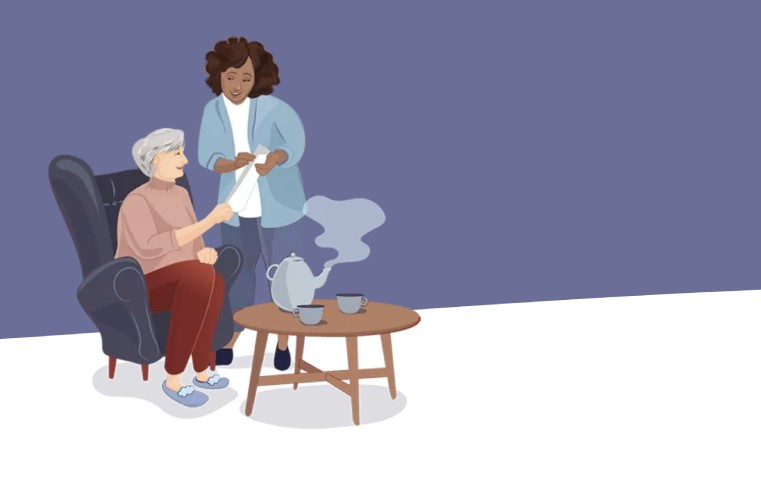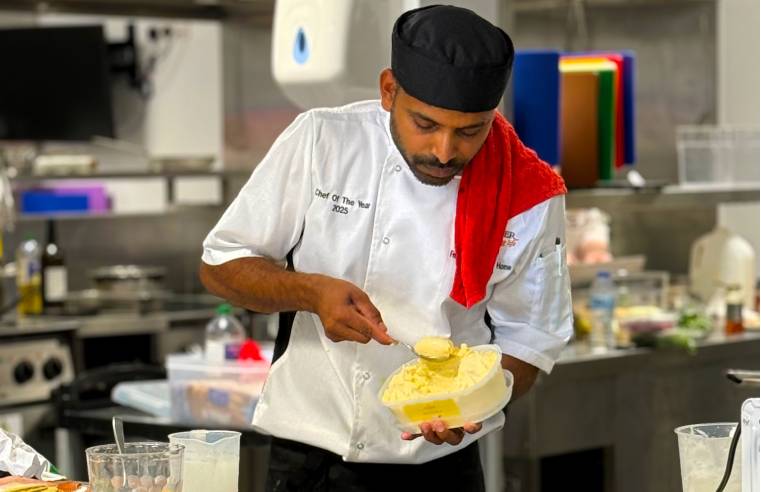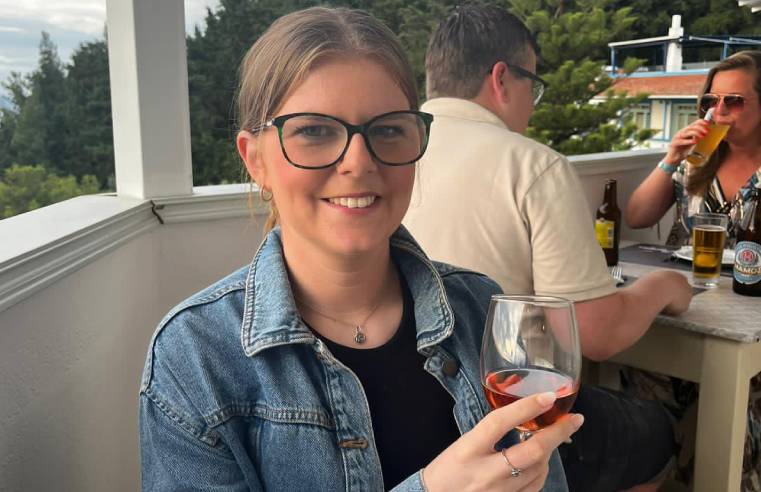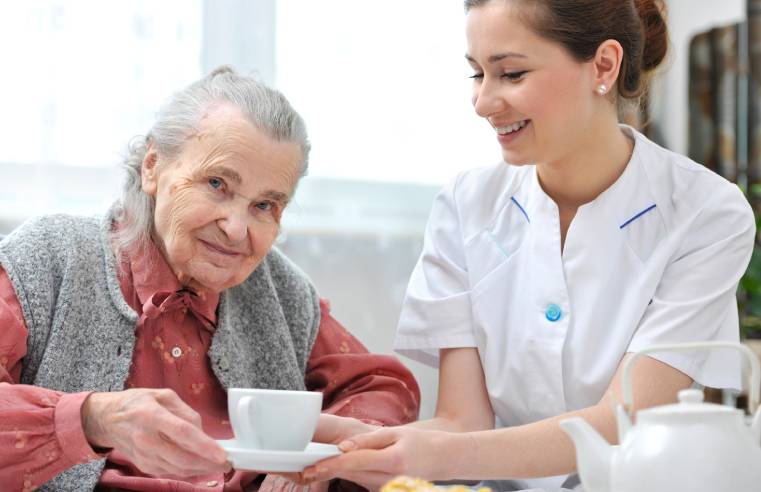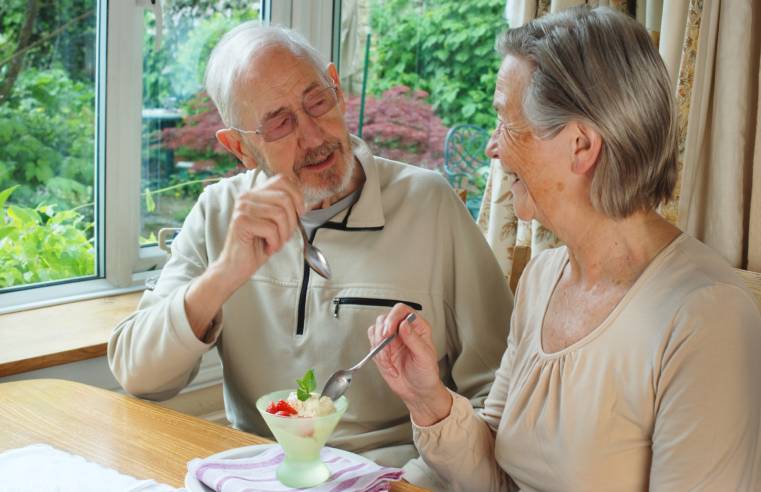Luca Rado, Founder of The Live In Care Company, shares expert tips on what care providers can do to help them socialise again.
Recent studies from AgeUK, have revealed that a shocking 12 million elderly people are lonely. Whilst the pandemic has contributed to this statistic, that is not the only reason the elderly are feeling lonely. The fact they are widowed, have mobility or disability issues or have no family close by are all common reasons the elderly are becoming lonely.
As care providers, if we spot an elderly person is lonely, it’s our duty to support and show the elderly ways they can reconnect with family, friends, and their community.
Keep them busy
Keeping busy is the biggest form of distraction from any feelings of sadness or loneliness. Whilst at the time of writing this, there are still restrictions on interaction and meeting up, and maybe your loved one is physically unable for a walk, there are other ways to keep busy.
Book in calls, arrange to watch the same TV show or film and then discuss it later. Book a regular family or group visit. Plan themed meals together for particular events. Doing the same thing and the same time - even if not together - brings a sense of belonging and togetherness for both parties.
Stay in contact
Digital disconnection is one of the biggest risks of all. Whilst grandchildren and adult children can easily share pictures, videos, and voice notes, this is all very new to this generation. There are lots of advancements in technology to suit senior users or those with dexterity issues to be able to still stay in touch easily.
Technology isn’t the only answer; it’s heart-warming to also receive letters or ‘thinking of you’ gifts. Regular contact is the key here. Loneliness, like all feelings, isn’t easy for someone to always communicate. Staying in regular contact keeps the communication and conversation channel open should they wish to discuss their feelings or ask for extra support and help.
Make inclusive plans
We’ve all gone from regular social contact to limited or zero interaction over the last year. When you’ve had a life with lots of laughs, events, and engagements, this is quite a shock to the system, physically and mentally. Not all elderly loved ones are as physically able as they used to be and this can be a barrier in arranging activities, as they are worried, they may struggle, hurt themselves, or cause inconvenience.
Remind your loved one that you will be there and find solutions to barriers that keep them alone. When it is safe to do so, arrange lunches at cafés that are wheelchair accessible, or find parks with lots of benches for rests. These little touches that are inclusive of your loved one’s situation can be the difference in their involvement and happiness, or them passing up the opportunity to socialise.
www.theliveincarecompany.co.uk/care-guides/guide-to-loneliness/



